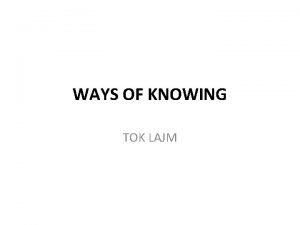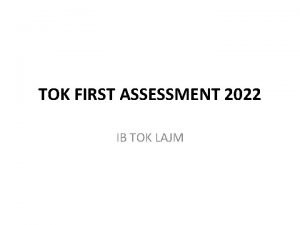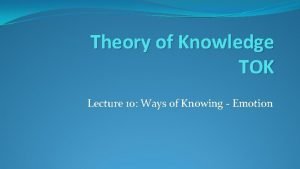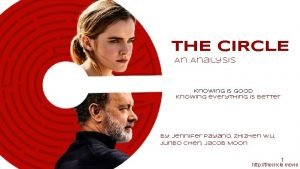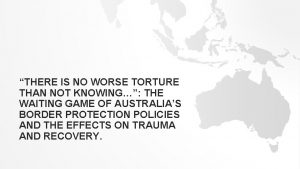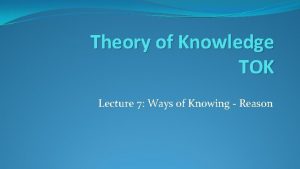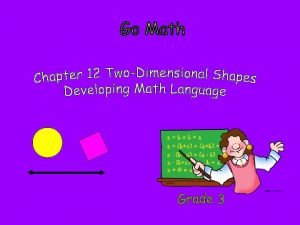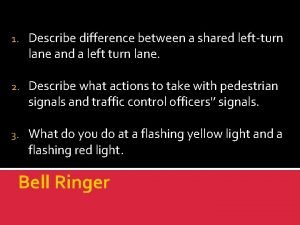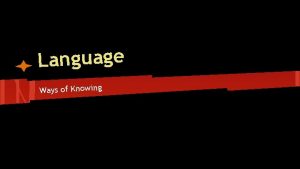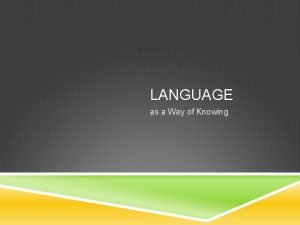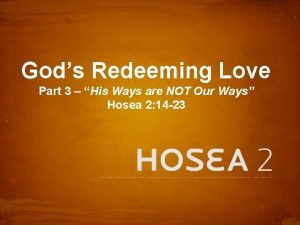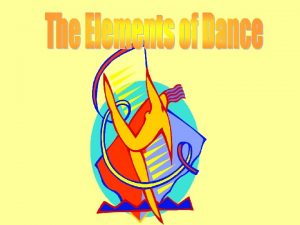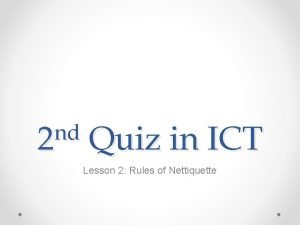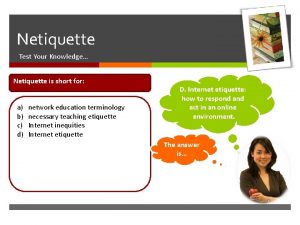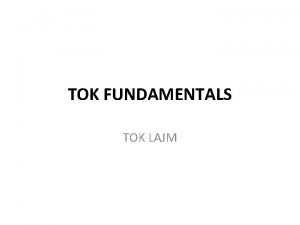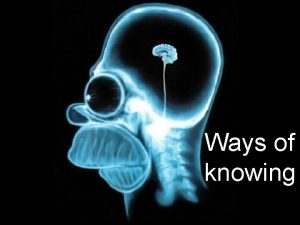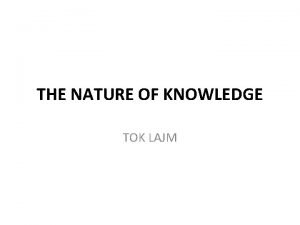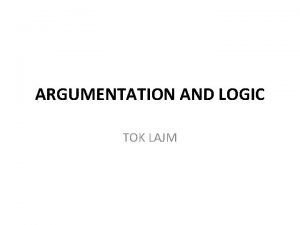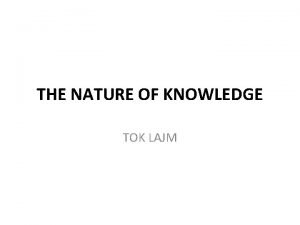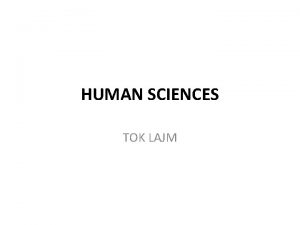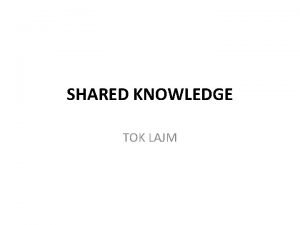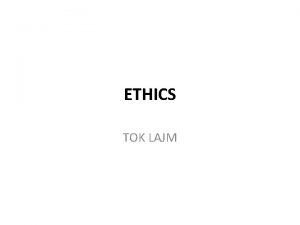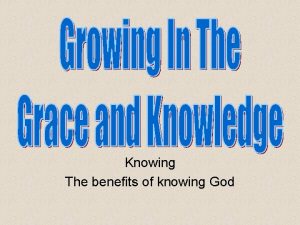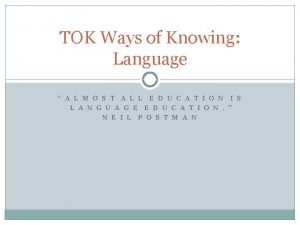WAYS OF KNOWING TOK LAJM Eight Ways of















- Slides: 15

WAYS OF KNOWING TOK LAJM

Eight Ways of Knowing (WOKs) • WOKs can be thought as possible sources of knowledge

TASK • Try to give at least one everyday example of each WOK in action

WOK’s Overlap • Borders between WOKs are blurred • Group work: do the task on WOKs overlapping in seven groups

Best Wo. K? • Can you rank different WOKs? If you can, try to give reasons for this.

Some Schools of Thought • (1) Empiricism – All knowledge is ultimately based on perceptual experience

Some Schools of Thought • (2) Rationalism – Reason is the most important source of knowledge

Some Schools of Thought • (3) Romanticism – Emphasizes the importance of intuitions, emotions and imagination for making sense of the world

Some Schools of Thought • (4) Fideism – Knowledge is ultimately based on faith

TASK • Which one of these schools of thought is most plausible? – Can you give any reasons for and against these schools of thought?

Pros And Cons of WOKs

Other Ways of Knowing? • In the IB TOK curriculum eight WOKs are mentioned – Are they all justifiable as genuine ways of knowing? – Can we have any other ways to know?

TASK • What kind of knowledge questions can you create based on what you have learned from ways of knowing?

Picture sources • Wo. Ks <http: //blogs. osc-ib. com/tag/ways-of-knowing/> Accessed 6 th of September 2015. • Blurry line <http: //sankarit. fi/media/2014/06/> Accessed 6 th of September 2015. • John Locke <https: //en. wikipedia. org/wiki/Empiricism> Accessed 5 th of September. • René Descartes <https: //en. wikipedia. org/wiki/René_Descartes> Accessed 5 th of September.

Picture sources • John Keats <https: //en. wikipedia. org/wiki/John_Keats> Accessed 5 th of September. • G. K. Chesterton <https: //en. wikipedia. org/wiki/G. _K. _Chesterton> Accessed 5 th of September 2016. • David Hume <https: //fi. wikipedia. org/wiki/David_Hume> Accessed 5 th of September 2016. • Double edged WOKs van de Lagemaat, Richard: Theory of Knowledge for the IB Diploma, Second edition, Cambridge University Press 2015, page 74. • Knowledge questions <https: //tok-ajourney. wikispaces. com/Knowledge+Questions> Accessed 25 th of September 2017.
 Tok ways of knowing
Tok ways of knowing Tok essay titles 2022
Tok essay titles 2022 Tok emotion
Tok emotion The circle analysis
The circle analysis Not knowing is worse than knowing
Not knowing is worse than knowing Way of knowing tok
Way of knowing tok A polygon with eight sides and eight angles
A polygon with eight sides and eight angles What are the meanings of the eight shapes and eight colors
What are the meanings of the eight shapes and eight colors Elpoe meaning
Elpoe meaning Ways of knowing language
Ways of knowing language Gods ways are not our ways
Gods ways are not our ways How does not knowing what fortunato did to montresor
How does not knowing what fortunato did to montresor Growing knowing
Growing knowing Dance is a way of knowing and communicating
Dance is a way of knowing and communicating A malicious program designed to replicate itself
A malicious program designed to replicate itself Netiquette test
Netiquette test
